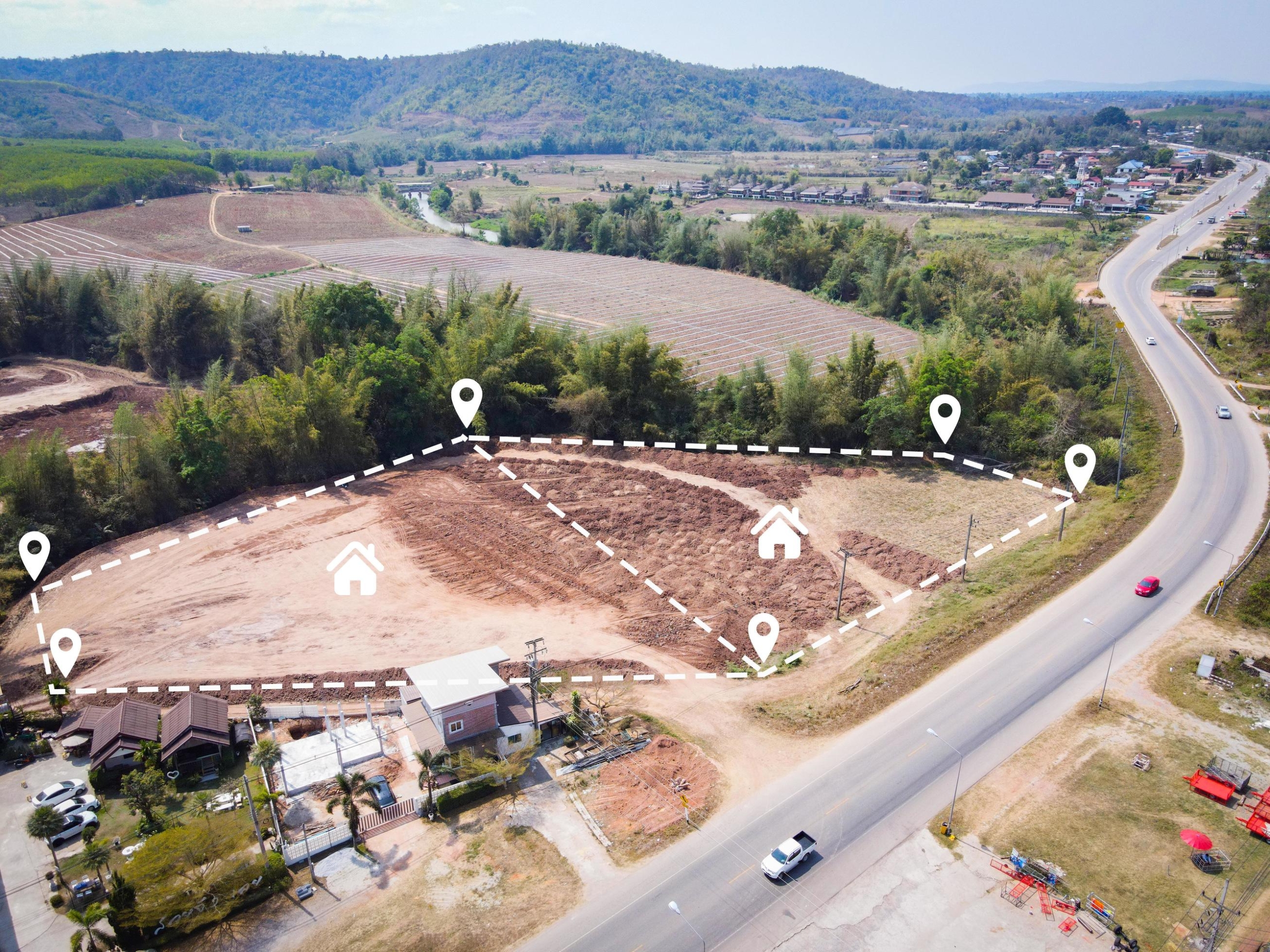Purchasing land or real estate is one of the most significant investments one can make in their lifetime. However, as with any valuable asset, there are risks involved, and one of the most insidious threats is land fraud. Land fraud occurs when individuals or organizations deceive buyers and manipulate property records to steal or sell land that they do not legally own. In this blog post, we will delve into the world of land fraud and provide you with valuable insights on how to protect yourself from falling victim to this fraudulent activity.
Understanding Land Fraud
Land fraud can take various forms, but its essence lies in the unauthorized transfer of property rights or the misrepresentation of property ownership. Here are some common tactics employed by land fraudsters:
- Forged Documents: Fraudsters may create fake land titles, deeds, or ownership documents to make it appear as though they have a legitimate claim to a property.
- Identity Theft: Criminals may impersonate property owners, using stolen identities to sell or mortgage land without the owner’s knowledge or consent.
- False Claims: Fraudsters might falsely claim to be the rightful owners of a property, often producing fabricated evidence to support their assertions.
- Land Grabbing: In some cases, powerful individuals or organizations may use force or intimidation to seize land from vulnerable owners.
- Title Washing: Dishonest individuals may manipulate property records to erase any traces of previous claims or disputes, making it difficult for legitimate owners to assert their rights.
Protecting Yourself from Land Fraud
Given the serious financial and legal consequences of falling victim to land fraud, it’s essential to take proactive steps to protect your property investments:
- Verify Property Ownership: Before making any purchase, thoroughly research the property’s ownership history. Confirm the seller’s identity and request original ownership documents, including titles and deeds. Verify the information with the relevant local land authority.
- Conduct Due Diligence: Hire a qualified attorney or real estate professional to conduct a title search and verify the property’s legal status. This process can uncover any outstanding liens, encumbrances, or disputes related to the property.
- Visit the Property: Physically inspect the property to ensure it matches the descriptions provided in the documents. Be cautious of deals that rely solely on virtual tours or online listings.
- Be Skeptical of Unsolicited Offers: Be wary of unexpected offers to buy your property, especially if they come from unfamiliar sources. Always seek legal advice before considering any such offers.
- Secure Your Personal Information: Safeguard your personal and property-related documents, such as titles, deeds, and identity documents, to prevent them from falling into the wrong hands.
- Double-Check Signatures: Verify the authenticity of signatures on property documents, especially when signing contracts or agreements.
- Consult Legal Professionals: Engage experienced real estate attorneys or professionals who specialize in property transactions. They can guide you through the process and help protect your interests.
- Report Suspected Fraud: If you suspect any fraudulent activity related to your property or a potential purchase, report it immediately to local law enforcement and the relevant land authority.
Land fraud is a grave threat to property owners and buyers alike, with potentially devastating financial and legal consequences. Protecting yourself from land fraud requires due diligence, verification of property ownership, and a cautious approach to property transactions. By following these guidelines and seeking professional advice when necessary, you can significantly reduce the risk of falling victim to land fraud and ensure the security of your property investments. Remember, an ounce of prevention is worth a pound of cure when it comes to safeguarding your property.



